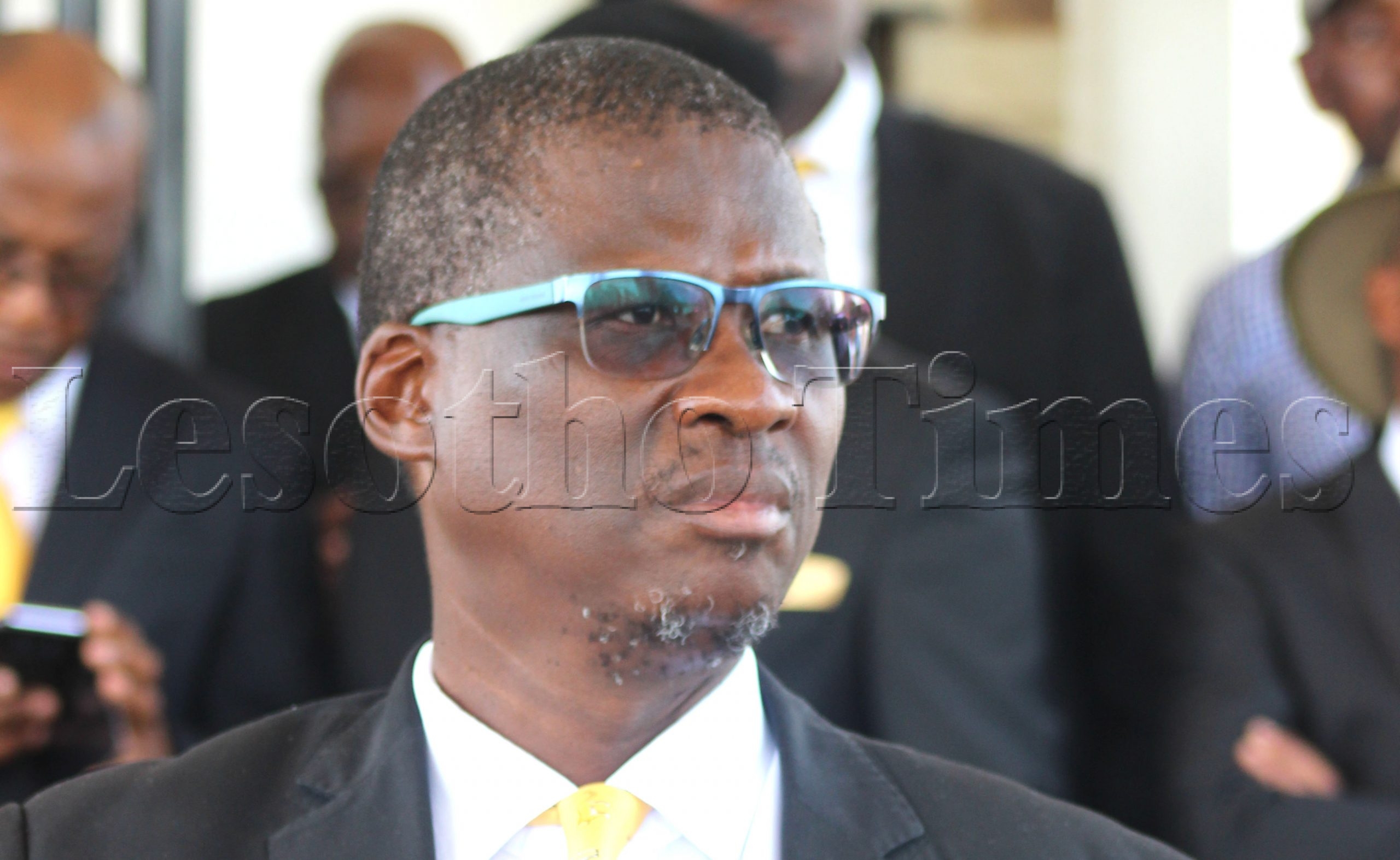’Marafaele Mohloboli
THE National Assembly has adopted a National Media Policy developed by the National Reforms Authority (NRA) and approved by cabinet in September 2021
The policy seeks to enhance the smooth operation of the media in Lesotho and guide its processes.
Communications, Science and Technology Minister, Sam Rapapa, tabled the second draft of the National Media Policy in parliament on 17 September 2021. This followed cabinet’s 7 September 2021 approval of the policy.
The policy provides a guide to govern “the conduct, behaviour and practice of media proprietors, media producers, editors and other practitioners in line with universally accepted standards”.
It provides a framework of adjudicating ethical disputes whenever they arise.
Mr Rapapa this week said the policy would enhance the media’s independence as well as encourage accuracy in reporting.
“The media should be free of bias, be independent, have public interests at heart, should be factual and accurate,” Mr Rapapa said.
“Media practitioners should neither be influenced by politicians nor be bought to drive individual agendas. The media should not fight politicians’ battles at the expense of the truth. On the other hand, the media should also not demean and degrade politicians when exercising their duties.”
The media should strive for professionalism and good conduct while the government should ensure that media practitioners are well trained to enhance accountability.
“This policy has been couched in such a way that it is subject to be amended in two to three years if there is such need,” Mr Rapapa said.
Advocate Lekhetho Rakuoane seconded the adoption of the policy while expressed hope that it would force what he described as “errant journalists” to account for their “reckless” reporting.
“While I second the adoption of this media policy, it would be remiss of me not to mention that the country is in trouble because of the misconduct of some media practitioners. It is not far-fetched to say that maybe the poverty in which our media practices is the reason why some media practitioners are failing to uphold media ethics. It is therefore imperative that government should try and meet the media half way to see how best they can be helped to be a sustainable, reasonable and independent media.
“We therefore, do accept this policy with the hope that it will give birth to some legislative pieces that will better govern and regulate the media,” Adv Rakuoane said.
On his part, Alliance of Democrats (AD’s) proportional representation legislator, Thuso Litjobo, expressed hope that the policy would bring an end to “phantom social media accounts” used to attack other people.
“We are in an era where the world has adopted technology and the use of social media is very loose as some people are hiding behind fake accounts so that they can demean and insult others for no reason. It is equally important that social media be regulated and we should not wait until things have gone out of hand,” Mr Litjobo said.
Media Institute of South Africa (MISA) Lesotho chapter chairperson, Nkoale Tšoana, welcomed the policy saying it was long overdue.
“Now that there is a media policy, this means there is going to be direction on media issues and this also calls for a constitutional amendment, particularly on Section 14 and other areas which relate to the media,” Mr Tšoana said.

